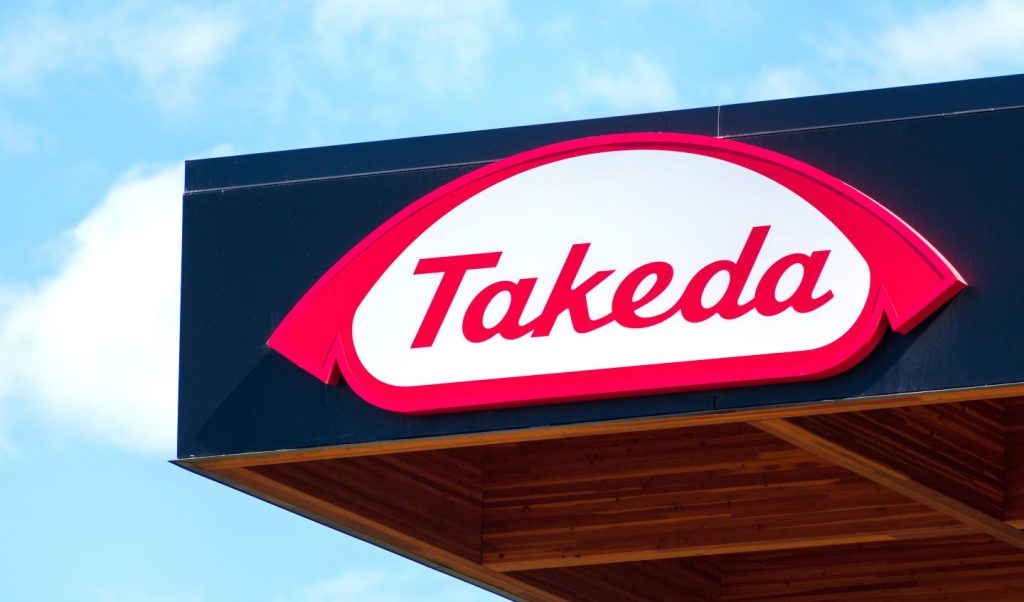Idecabtagene vicleucel is under clinical development by Bristol-Myers Squibb and currently in Phase III for Multiple Myeloma (Kahler Disease). According to GlobalData, Phase III drugs for Multiple Myeloma (Kahler Disease) have a 69% phase transition success rate (PTSR) indication benchmark for progressing into Pre-Registration. GlobalData’s report assesses how Idecabtagene vicleucel’s drug-specific PTSR and Likelihood of Approval (LoA) scores compare to the indication benchmarks. Buy the report here.
GlobalData tracks drug-specific phase transition and likelihood of approval scores, in addition to indication benchmarks based off 18 years of historical drug development data. Attributes of the drug, company and its clinical trials play a fundamental role in drug-specific PTSR and likelihood of approval.
Idecabtagene vicleucel overview
Idecabtagene Vicleucel (Abecma) is a B-Cell maturation antigen-directed genetically modified autologous T cell immunotherapy comprised of patient’s own T cells that are harvested and genetically modified ex vivo through transduction with an anti-BCMA02 chimeric antigen receptor (CAR) lentiviral vector (LVV). It is formulated as suspension and solution for intravenous route of administration. Abecma is indicated for the treatment of adult patients with relapsed or refractory multiple myeloma after four or more prior lines of therapy, including an immunomodulatory agent, a proteasome inhibitor, and an antiCD38 monoclonal antibody and indicated for the treatment of adult patients with relapsed or refractory (R/R) multiple myeloma, who have received at least three prior therapies, including an immunomodulatory agent, a proteasome inhibitor and an anti-CD38 antibody, and have either experienced disease progression on the last therapy or relapse after the last therapy.
See Also:
Idecabtagene vicleucel (bb-2121) is under development for the treatment of newly diagnosed multiple myeloma, relapsed and refractory multiple myeloma, mantle cell lymphoma and Burkitt’s lymphoma. The therapeutic candidate constitutes of autologous T-lymphocytes transduced with anti-BCMA02 CAR lentiviral vector encoding a chimeric antigen receptor (CAR) specific for the human B cell maturation antigen. It is administered through infusion.
Bristol-Myers Squibb overview
Bristol-Myers Squibb (BMS) is a specialty biopharmaceutical company that is engaged in discovery, development, licensing and manufacturing, marketing, distribution and sale of medicines and related medical products to patients with serious diseases. Its primary focus is on cancer, cardiovascular, immunology and fibrotic therapeutic projects. The company offers its products across the world to wholesalers, retail pharmacies, medical professionals, hospitals and government entities. BMS provides its products in the US, Europe, and Japan. The company conducts research to focus on the discovery and development of novel medicines that address serious diseases in areas of significant unmet medical need. BMS is headquartered in Princeton, New Jersey, the US.
For a complete picture of Idecabtagene vicleucel’s drug-specific PTSR and LoA scores, buy the report here.
Premium Insights
From

The gold standard of business intelligence.
Blending expert knowledge with cutting-edge technology, GlobalData’s unrivalled proprietary data will enable you to decode what’s happening in your market. You can make better informed decisions and gain a future-proof advantage over your competitors.




